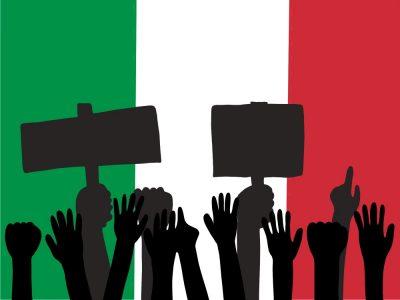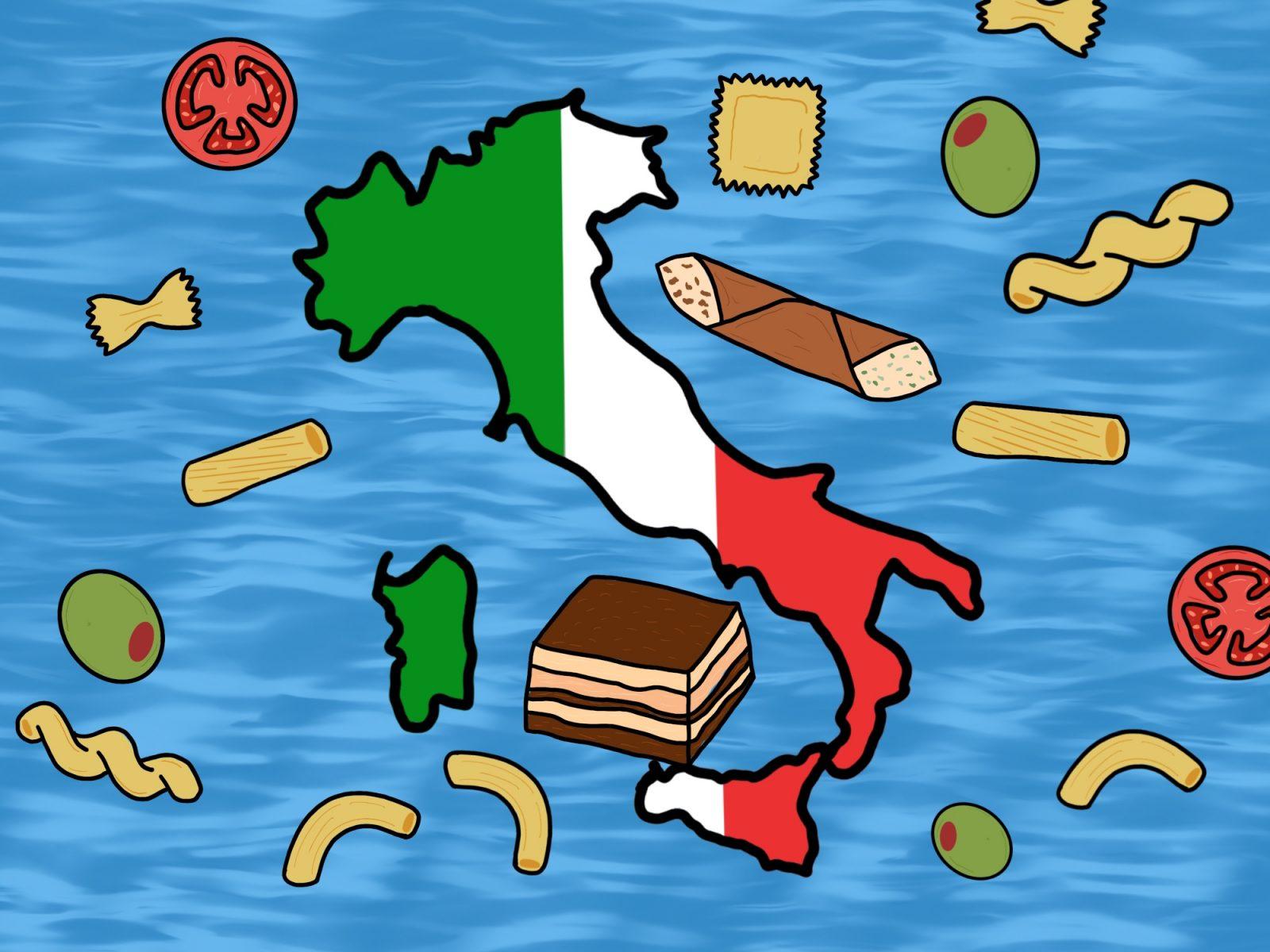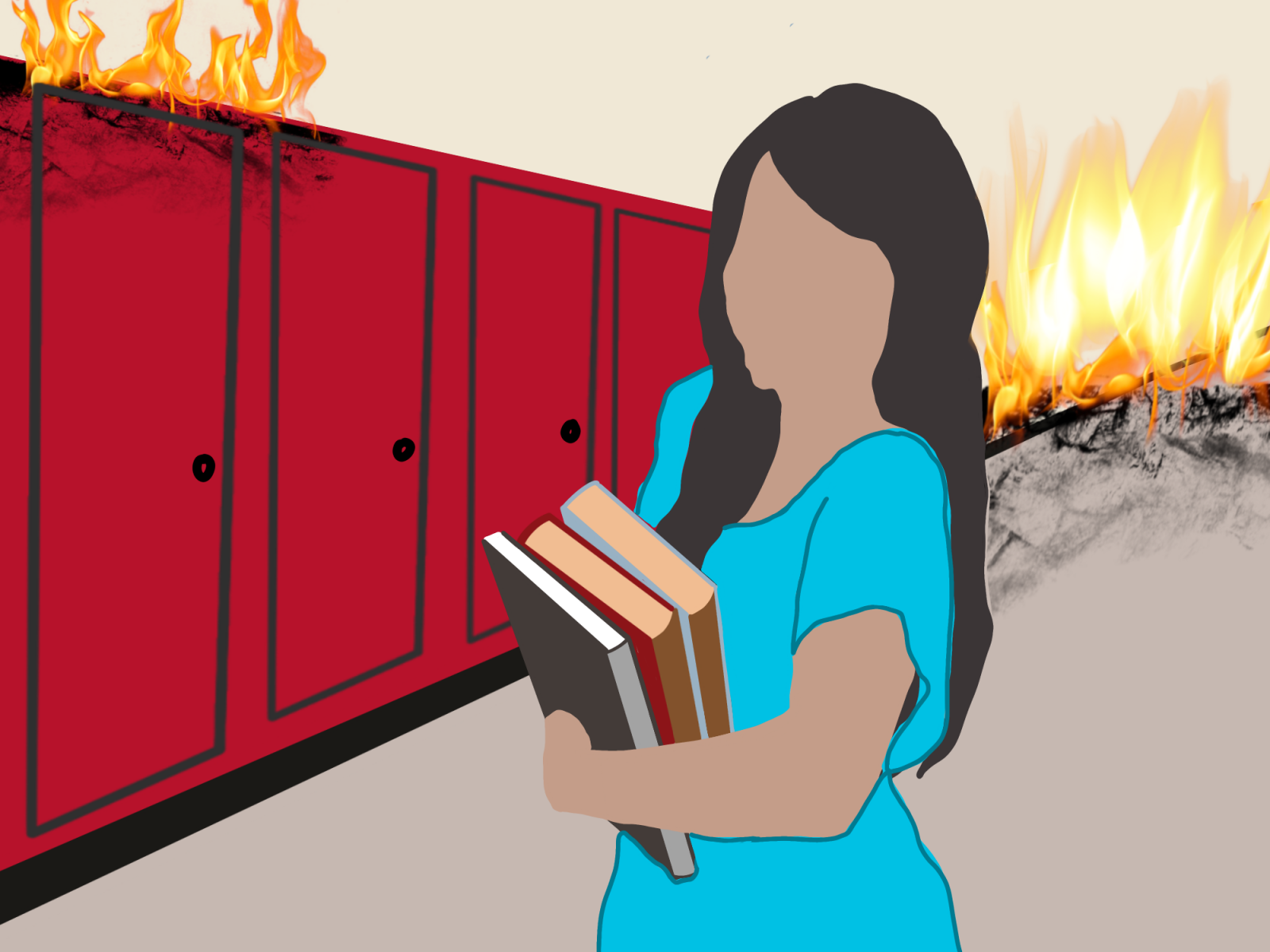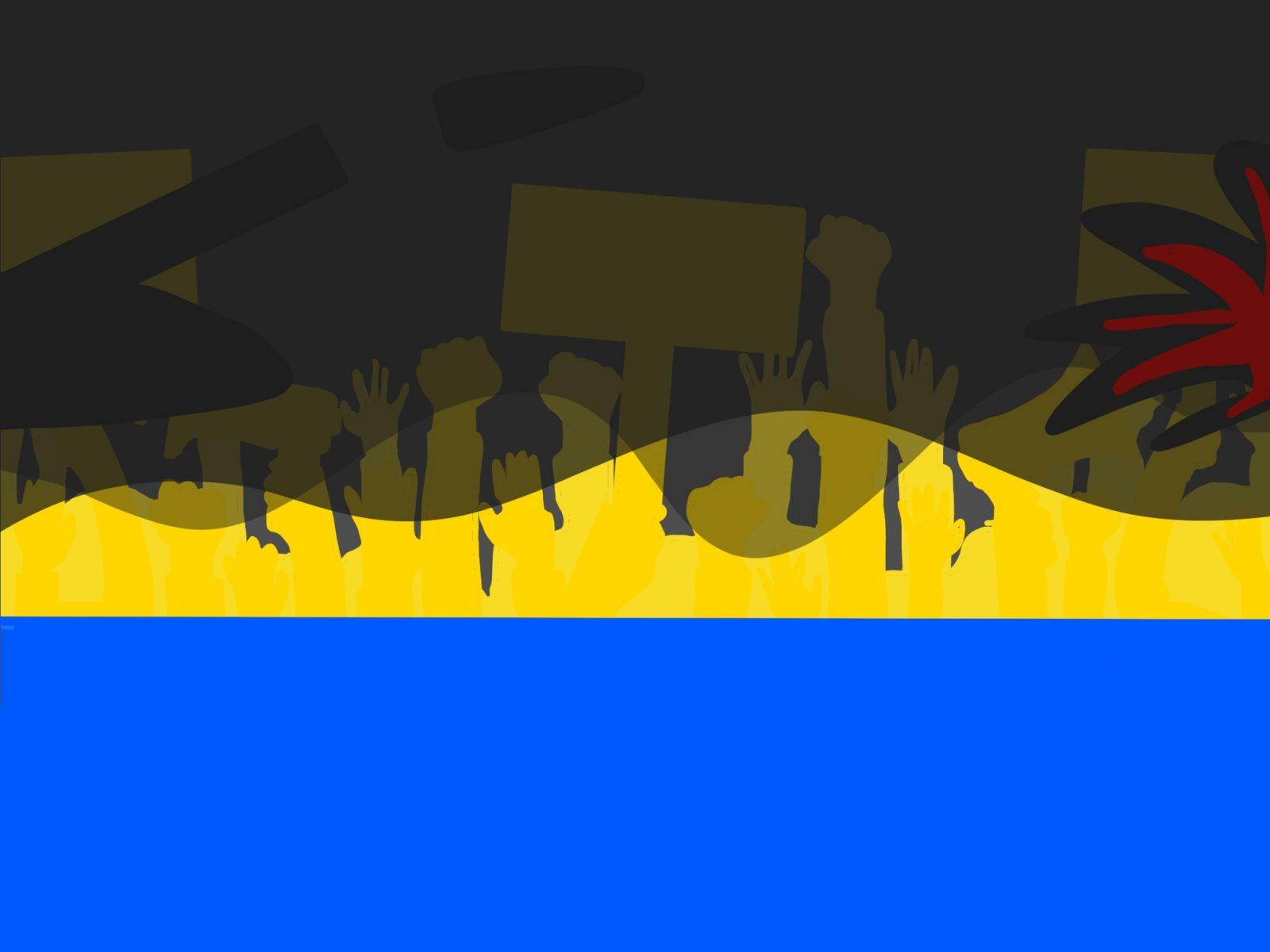There was more commotion than usual around the main campus of Sapienza University of Rome on the morning of Oct. 25. Azione Universitaria, a strongly right-wing student organization, had arranged a conference led by Daniele Capezzone and Fabio Rosciani — both associated with Brothers of Italy — to discuss good capitalism.
In the meantime, about 50 students had gathered outside the Political Science faculty to protest the event and were peacefully hanging up banners that urged fascists to get out of the university and condemned oppressive and unfair economic systems.
The situation exacerbated in the span of a couple of minutes, when the local police station sent a riot squad to crush the resistance, and the orders were followed to the letter.
The images that followed — and that luckily have been shared to denounce the atrocity — have much in common with the bloodbath that stained the streets of Genoa during the 2001 G8 Summit.
The police officers carried out several waves of attacks on the youth, who, despite being unarmed and having left their faces uncovered, were repeatedly hit by batons and reported concussions as well as wounds on their hands and legs. One student was forcibly dragged away for holding an anti-fascist flag, while another one was handcuffed and taken to the police station.
Sheer, unjustifiable violence was the response that law enforcement chose in front of harmless youth activism after having rolled out the red carpet for a catwalk of political parties.

After having congratulated Italy’s new Prime Minister Giorgia Meloni, the university administration did not hesitate to use its spaces to spread conservative ideologies from an extremely right-wing party that has undeniable similarities with fascism.
Instead of fulfilling its pedagogic and edifying role by welcoming peaceful opposition to promote constructive dialogue, La Sapienza decided to physically repress pluralism.
La Sapienza’s Dean Antonella Polimeni has since sent out an email to all students disapproving of the events that happened under her watch, while she decided to remain locked in her office. Her empty words circumvented addressing the brutality of the intervention and echoed constitutional principles that are being mindlessly breached.
Ironically, during her first post-electoral speech at the Chamber of Deputies on the same morning, Giorgia Meloni dwelled on activism. Having taken part in several manifestations herself as a teenager, she explicitly expressed empathy for young people who might protest her government.
Quoting Steve Jobs, she encouraged them to “stay hungry, stay foolish” and, she added, “stay free.”
The first days of Giorgia Meloni’s government have passed under the auspices of neofascist methods of silencing differences as well as attempts to build a future from a framework of outdated concepts such as national honor, Christian tradition and patriotism. Hence, the concerning, yet frequent, comparisons between Italy’s new political status quo and the country’s tragic turn in history a century ago.
Exactly a century after Benito Mussolini’s 1922 March on Rome — which brought the dictator to power — Meloni is the first far-right-led government since World War II.
Moreover, the Brothers of Italy party originated directly from the post-war neo-fascist Italian Social Movement, which the new Premier joined in her youth. This continuation is still symbolized by the winning party’s green, white and red flame of the original MSI.
These similarities are enough to cause concern abroad, especially as the far-right has been surging in Europe over the last couple of years. At home, on the other hand, Italians have a rather skewed perspective of this reality.
Italy’s loss in the second World War and Mussolini’s regime are blurred by a sui generis historical amnesia that draws a significant difference between how the country dealt with its aftermath compared to Germany. While Hitler’s National Socialism was firstly painfully acknowledged, then repudiated, Italy preferred to move onward from fascism without reckoning with it.
Consequently, Hitler’s bunker lies underneath an inconspicuous parking lot in a residential area of Berlin, whereas Mussolini’s grave is embellished like that of a royal.
Although this does not necessarily mean that Italians are inherently fascist or that a dangerous reemergence of neo-fascism would go unnoticed to the populace, it does increase the risk of adhering to perilously extremist measures, such as the episode at La Sapienza.
Moreover, Meloni’s position on the political spectrum is still unclear, as the Premier has been adjusting her rhetoric to suit her audience and legitimize her new role.































































































































